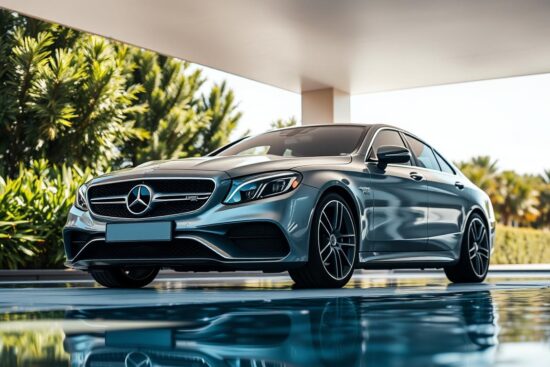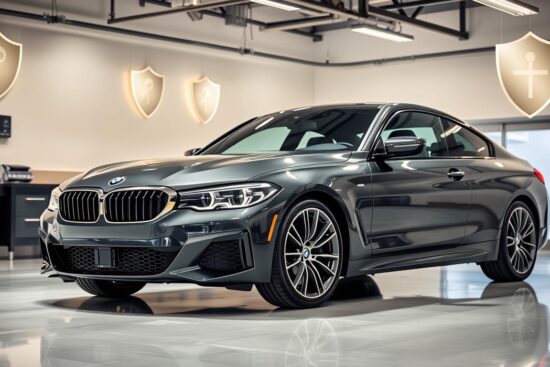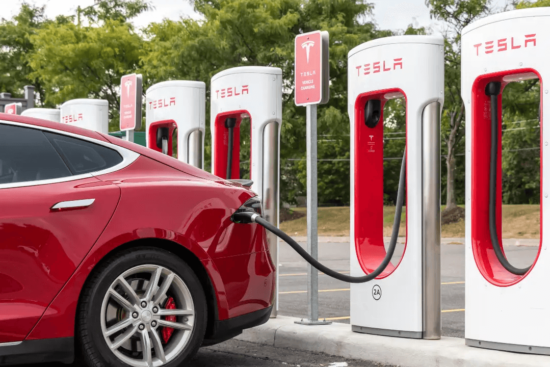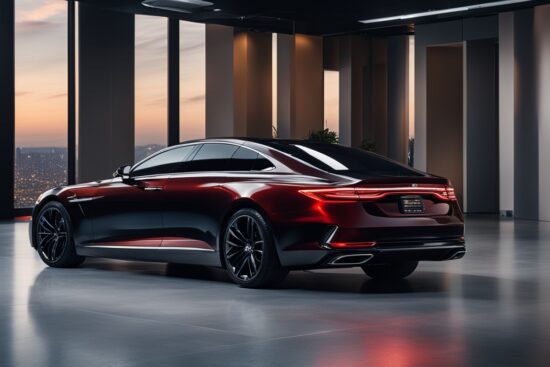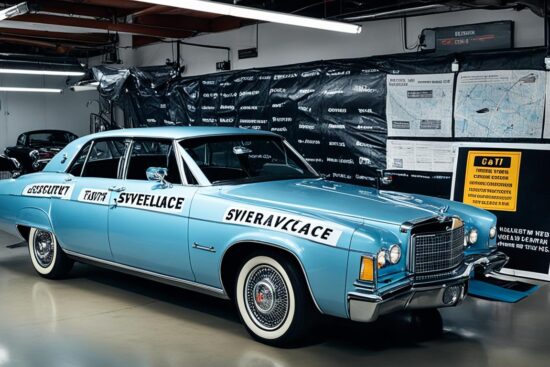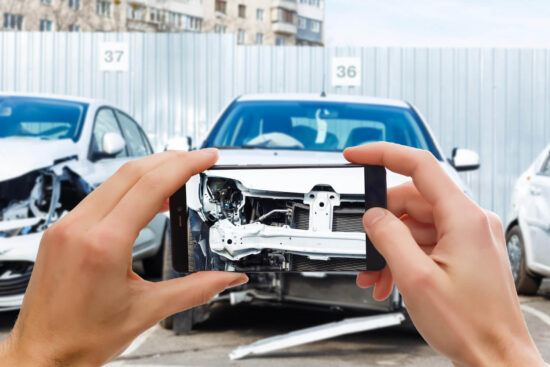
Vehicle insurance is an essential component of responsible car ownership, providing financial protection against various risks such as accidents, theft, and natural disasters. With numerous insurance providers and policy options available, comparing vehicle insurance can be overwhelming. This article aims to simplify the process by providing a comprehensive guide to comparing vehicle insurance policies, understanding the types of coverage, and selecting the best insurance plan to meet your needs.
Types of Vehicle Insurance
Liability Insurance
Bodily Injury Liability
- Covers medical expenses for injuries caused to others in an accident.
- Legal requirement in most states.
Property Damage Liability
- Covers repair costs for property damaged in an accident.
- Essential for protecting financial assets.
Collision Insurance
- Pays for damages to your vehicle from collisions with other vehicles or objects.
- Important for new or high-value cars.
Comprehensive Insurance
- Covers non-collision related damages such as theft, vandalism, or natural disasters.
- Ideal for areas prone to extreme weather or high theft rates.
Uninsured/Underinsured Motorist Coverage
- Protects against losses from accidents with drivers lacking adequate insurance.
- Provides peace of mind in areas with high rates of uninsured drivers.
Personal Injury Protection (PIP)
- Covers medical expenses, lost wages, and other related costs regardless of fault.
- Mandatory in no-fault states.
Gap Insurance
- Covers the difference between the vehicle’s value and the amount owed on a loan.
- Crucial for new car buyers with financing.

Factors to Consider When Comparing Vehicle Insurance
Coverage Options
- Assess the types of coverage offered and their relevance to your needs.
- Look for customizable policies.
Premium Costs
- Compare premiums from different providers.
- Consider the balance between cost and coverage.
Deductibles
- Understand the impact of deductibles on premium costs.
- Higher deductibles lower premiums but increase out-of-pocket costs during claims.
Discounts and Offers
- Look for available discounts such as multi-policy, safe driver, or student discounts.
- Take advantage of any offers that can reduce premium costs.
Customer Service and Support
- Research the quality of customer service provided by insurers.
- Consider insurers with 24/7 support and efficient claims processing.
Financial Stability of the Insurer
- Check the financial health of the insurance company.
- Choose insurers with strong financial ratings to ensure reliable claims payment.
Claims Process
- Understand the claims process and the insurer’s reputation for handling claims.
- Look for hassle-free and quick claims settlement.
How to Compare Vehicle Insurance Quotes
Online Comparison Tools
- Utilize online tools to compare quotes from multiple insurers.
- Enter consistent information to get accurate comparisons.
Insurance Brokers
- Consider using insurance brokers for personalized advice and comparisons.
- Brokers can provide expert insights and access to exclusive deals.
Direct Comparisons
- Contact insurance providers directly for quotes.
- Gather detailed information to make informed comparisons.
Common Mistakes to Avoid
Ignoring Policy Exclusions
- Carefully read policy exclusions to avoid surprises during claims.
- Understand what is not covered by the policy.
Overlooking Optional Coverage
- Evaluate optional coverages that may be beneficial.
- Do not skimp on essential coverage to save costs.
Not Updating Your Policy
- Regularly review and update your policy to reflect changes in your circumstances.
- Ensure your coverage remains adequate over time.
Choosing the Cheapest Option
- Avoid selecting insurance based solely on price.
- Consider the overall value, including coverage and service quality.
Benefits of Comprehensive Vehicle Insurance
Financial Protection
- Safeguards against significant financial losses from accidents or damages.
- Essential for protecting personal assets.
Peace of Mind
- Provides reassurance and confidence while driving.
- Reduces stress in the event of an accident or loss.
Legal Compliance
- Ensures compliance with state insurance requirements.
- Avoids legal penalties and fines.
Additional Services
- Access to roadside assistance, rental car reimbursement, and other services.
- Enhances overall vehicle ownership experience.
FAQs
What is the minimum vehicle insurance required by law?
The minimum vehicle insurance required varies by state but typically includes liability insurance, which covers bodily injury and property damage. Some states may also require uninsured/underinsured motorist coverage and personal injury protection (PIP).
How can I lower my vehicle insurance premiums?
To lower your vehicle insurance premiums, you can:
- Shop around and compare quotes from different insurers.
- Increase your deductible.
- Take advantage of discounts (e.g., multi-policy, good driver).
- Maintain a clean driving record.
- Install safety devices in your vehicle.
What factors affect vehicle insurance premiums?
Several factors affect vehicle insurance premiums, including:
- Age and driving experience of the driver.
- Vehicle make and model.
- Driving history and claims record.
- Location (urban areas tend to have higher premiums).
- Coverage limits and deductibles chosen.
What is the difference between comprehensive and collision insurance?
Collision insurance covers damages to your vehicle resulting from collisions with other vehicles or objects. Comprehensive insurance covers damages from non-collision events such as theft, vandalism, natural disasters, and fire.
Is it worth getting uninsured/underinsured motorist coverage?
Yes, uninsured/underinsured motorist coverage is worth considering, especially in areas with high rates of uninsured drivers. It provides protection against losses from accidents where the at-fault driver lacks adequate insurance.
How often should I review my vehicle insurance policy?
It’s advisable to review your vehicle insurance policy annually or whenever you experience significant life changes, such as moving to a new location, buying a new vehicle, or changes in driving habits.
Can I switch vehicle insurance providers at any time?
Yes, you can switch vehicle insurance providers at any time. However, it’s essential to ensure there is no coverage gap by having your new policy start before or when your old policy ends. Some insurers may also charge a cancellation fee.
What should I do if I’m involved in an accident?
If you’re involved in an accident, you should:
- Ensure everyone is safe and seek medical attention if necessary.
- Call the police to report the accident.
- Exchange information with the other driver(s).
- Document the scene and take photos.
- Notify your insurance company and file a claim.
How do insurance companies determine the value of my car in a claim?
Insurance companies determine the value of your car based on its actual cash value (ACV), which considers factors such as the vehicle’s age, condition, mileage, and market value before the accident.
What is a no-claims bonus?
A no-claims bonus (NCB) is a discount on your insurance premium that you earn for each year you do not make a claim. The discount increases with each consecutive claim-free year, rewarding safe driving.
Conclusion
Comparing vehicle insurance requires careful consideration of coverage options, costs, customer service, and insurer reliability. By understanding the different types of vehicle insurance and evaluating policies based on individual needs, you can make an informed decision that provides optimal protection and value. Regularly reviewing and updating your insurance ensures ongoing suitability and financial security.




